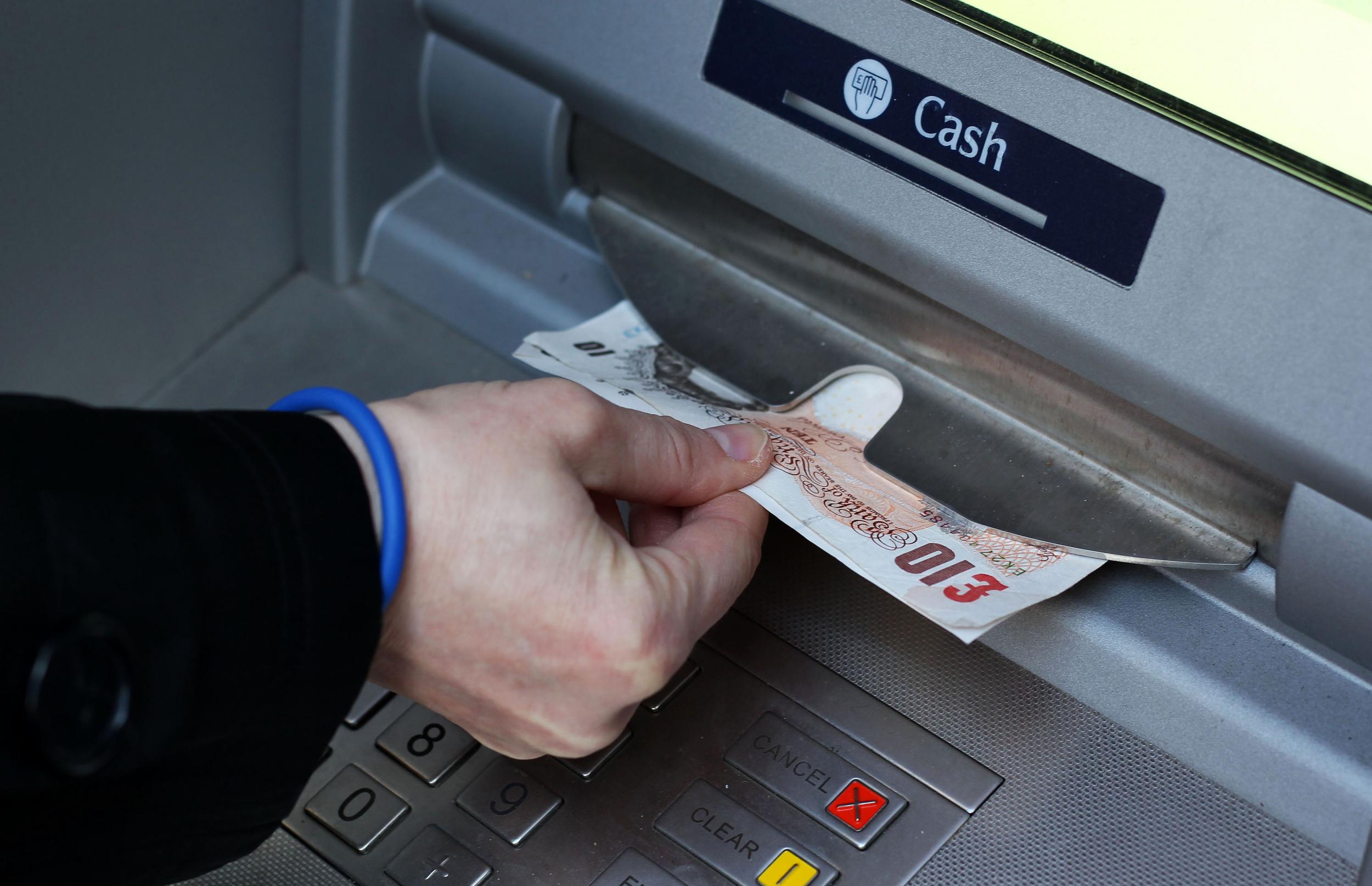Is Which? right to fear a bonfire of the cash machines?
Link, which oversees the network, is planning to cut fees to ATM operators in an attempt to curb the expansion in their numbers at a time when the use of cash is plummeting

Your support helps us to tell the story
From reproductive rights to climate change to Big Tech, The Independent is on the ground when the story is developing. Whether it's investigating the financials of Elon Musk's pro-Trump PAC or producing our latest documentary, 'The A Word', which shines a light on the American women fighting for reproductive rights, we know how important it is to parse out the facts from the messaging.
At such a critical moment in US history, we need reporters on the ground. Your donation allows us to keep sending journalists to speak to both sides of the story.
The Independent is trusted by Americans across the entire political spectrum. And unlike many other quality news outlets, we choose not to lock Americans out of our reporting and analysis with paywalls. We believe quality journalism should be available to everyone, paid for by those who can afford it.
Your support makes all the difference.Why have cash machines rapidly increased in number when people are using less cash?
The numbers are actually quite startling. The 36,400 free-to-use machines in 2007 had been joined by just over 18,000 new ones by the end of last year.
The reason for the boom is that they’re a honey pot for interchange fees paid by card issuers (banks and building societies). They provide the companies which operate them (often also banks and building societies, but other organisations too) with the equivalent of a free lunch if they maintain lots of them in the busy areas where people use cash to buy food, and other things too.
Link, which oversees the network, wants to change that. As a result it is proposing to sharply cut those fees, and by quite a bit. Over a period of fours years the 25p per cash withdrawal paid today will fall to just 20p.
At a time when the use of cash is plummeting, ATMs will therefore be made a lot less profitable to maintain, and as a result, so the thinking goes, people will be less inclined to place lots of unnecessary new ones where they’re not needed.
The problem, highlighted this morning by Which?, is this: the machines most likely to close as a result of the move aren’t those that are cheap to maintain in areas where there is a lot of unnecessary overlap. The ones at risk are those in more isolated areas, where the opposite is true and they are often most needed.
The plan risks cashing out the wrong cash machines.
Which? says it has already identified more than 200 communities in Britain with either poor ATM provision or none at all. The latter is a situation that exists in 123 postcode districts. It creates very obvious difficulties for vulnerable people living in them; the elderly, the infirm, those with disabilities, who tend to be most reliant upon cash but who are least likely to be able to travel to get it.
If its fears are realised, a lot more people in that position will be cut adrift.
Link says it is mindful of the problem, and that it is planning to boost its financial inclusion programme in parallel with the cut, building on existing measures that ensure ATMs are provided where a lack of demand would otherwise make them unviable. Higher interchange fees for the organisations and businesses that maintain them in these areas is one of those measures.
Which? thinks still more is needed, up to and including regulatory intervention.
One way for Link to assuage the organisation’s concerns would be to address the issue of the missing ATMs through overseeing the installation of new ones in the communities that are deprived of them during the four years over which the cut in fees will take place.
The allure of cash might be fading but it will be many years before it is eliminated, if that ever happens. In the meantime, the financial services industry – which has received billions of pounds in state support – has an obligation to ensure that those who rely on it are properly served. This is an obligation it needs to be held to.
Join our commenting forum
Join thought-provoking conversations, follow other Independent readers and see their replies
Comments